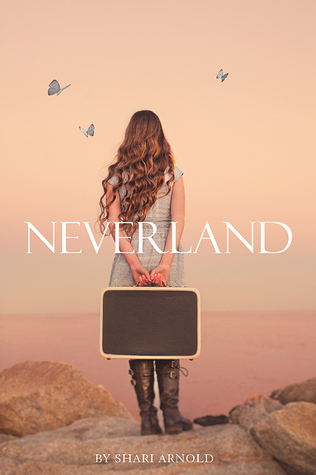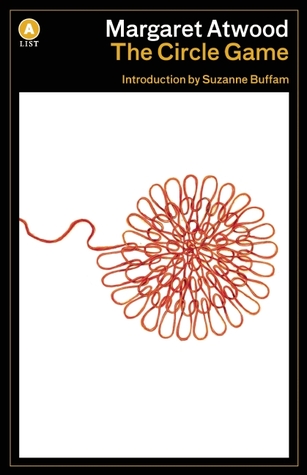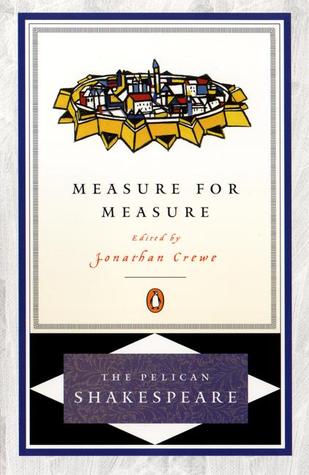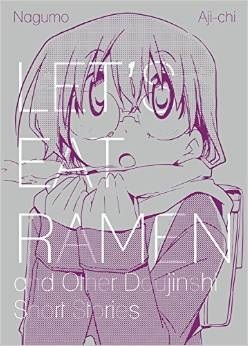So, it’s been awhile since my last post. Here’s what I’ve been up to:
Running. A lot more. I bought a gym membership because running is just plain hard to do on a regular basis if you don’t have a car in São Paulo. A gym has given me access to physical safety, controlled temperature, weights, and convenience. So worth it for my overall mental health and well-being. I plan to run a half marathon in 2016.
Proofreading. I’m taking a course, practicing, and studying. I want to transition some of my teaching hours into proofreading hours.
Studying Portuguese. No news here, I still suck at it.
Reading. I have been reading! But mostly books that I didn’t feel like writing book reviews for—either they were nonfiction, or audio (it’s harder for me to write reviews of audiobooks because I have a poor memory), or classics which don’t need another introduction.
Now that I feel like I sufficiently excused myself from blogging regularly, I'll progress on to the purpose of this particular post—doing a bookish recap of 2015!

My goal is always to read 52 books in a year, but I never make it. I don’t beat myself up over not reaching my goal, but I know that if I didn’t set any goal I would read half as much as I could. In 2015 I read 48 books. Many of these were graphic novels. Many of these were tomes. I am satisfied with how much I read.
I had another goal this year, which was to get over my prejudice towards self-published books. Honestly, I still have a prejudice when I think about buying self pubs, but this year I was so delightfully surprised by the level of quality in the books that I did read. Seriously impressed.
And finally, do you remember that I was casually doing the Pop Sugar Reading Challenge? Neither did I. But I got most of the categories without intentionally trying.
I changed the focus of my blog a lot in the past year. I was experimenting with different things, entertaining myself, and well, it’s my blog and I can do what I want. I did a lot of stuff with the book-blogging community in the first half of the year, grabbed a lot of advanced review copies from Netgalley, and honestly had fun. I got burnt out on that and decided to use my blog as a way to improve my own writing about books—insightful critiques, drawing parallels to other books or things out and about in the world, honing in on one specific problem I had with a book and trying to correct it. The latter sort of post naturally comes less frequently than the former.
As I’m writing this post and scrolling back through my blog, I’m proud that I kept this record this year. I’m so happy that I included book photos that I took myself (I’m going to continue doing that, and not be so lazy with it in the future). I am glad that I wrote all different types of posts. This blog is certainly more flavorful than my Goodreads list alone, and a year of book blogging has encouraged me to keep with it in 2016.
Blessed new year, friends!
Running. A lot more. I bought a gym membership because running is just plain hard to do on a regular basis if you don’t have a car in São Paulo. A gym has given me access to physical safety, controlled temperature, weights, and convenience. So worth it for my overall mental health and well-being. I plan to run a half marathon in 2016.
Proofreading. I’m taking a course, practicing, and studying. I want to transition some of my teaching hours into proofreading hours.
Studying Portuguese. No news here, I still suck at it.
Reading. I have been reading! But mostly books that I didn’t feel like writing book reviews for—either they were nonfiction, or audio (it’s harder for me to write reviews of audiobooks because I have a poor memory), or classics which don’t need another introduction.
Now that I feel like I sufficiently excused myself from blogging regularly, I'll progress on to the purpose of this particular post—doing a bookish recap of 2015!

My goal is always to read 52 books in a year, but I never make it. I don’t beat myself up over not reaching my goal, but I know that if I didn’t set any goal I would read half as much as I could. In 2015 I read 48 books. Many of these were graphic novels. Many of these were tomes. I am satisfied with how much I read.
I had another goal this year, which was to get over my prejudice towards self-published books. Honestly, I still have a prejudice when I think about buying self pubs, but this year I was so delightfully surprised by the level of quality in the books that I did read. Seriously impressed.
And finally, do you remember that I was casually doing the Pop Sugar Reading Challenge? Neither did I. But I got most of the categories without intentionally trying.
I changed the focus of my blog a lot in the past year. I was experimenting with different things, entertaining myself, and well, it’s my blog and I can do what I want. I did a lot of stuff with the book-blogging community in the first half of the year, grabbed a lot of advanced review copies from Netgalley, and honestly had fun. I got burnt out on that and decided to use my blog as a way to improve my own writing about books—insightful critiques, drawing parallels to other books or things out and about in the world, honing in on one specific problem I had with a book and trying to correct it. The latter sort of post naturally comes less frequently than the former.
As I’m writing this post and scrolling back through my blog, I’m proud that I kept this record this year. I’m so happy that I included book photos that I took myself (I’m going to continue doing that, and not be so lazy with it in the future). I am glad that I wrote all different types of posts. This blog is certainly more flavorful than my Goodreads list alone, and a year of book blogging has encouraged me to keep with it in 2016.
Blessed new year, friends!
- Piteco: Ingá by Shiko
- Landline by Rainbow Rowell
- Mansfield Park by Jane Austen
- City of Lies by Ramita Namai
- And Then There Were None by Agatha Christie
- The War of the Worlds by H.G. Wells
- The Shadow Over Innsmouth by H.P. Lovecraft
- Astronauta: Singularidade by Danilo Beyruth
- Bidu: Caminhos by Eduardo Damesceno
- Orhan's Inheritance by Aline Ohanesian
- Will Grayson, Will Grayson by John Greene and David Leviathon
- A Tale for the Time Being by Ruth Ozeki
- Colorless Tsukuru Tazaki and His Years of Pilgrimage by Haruki Murakami
- A Bride's Story, Vol 1 by Kaoru Mori
- Belzhar by Meg Wolitzer
- The Calling by James Frey
- A Darker Shade of Magic by V.E. Schwab
- Akira (complete series of 6 volumes) by Otomo Katsuhiro
- The Walls Around Us by Nova Ren Suma
- Cleo by Lucy Coats
- The Fountainhead by Ayn Rand
- Measure for Measure by William Shakespeare
- Salad Anniversary by Machi Tawara
- Wayward, Vol 1 by Jim Stub
- Low, Vol 1 by Rick Remender
- Fragile Bones by Lorna Schultz Nicholson
- Anna Karenina by Leo Tolstoy
- The Fellowship of the Ring by J.R.R. Tolkien
- Neverland by Shari Arnold
- Penadinho: Vida by Paulo Crumbim
- The Haunting of Hill House by Shirley Jackson
- Welcome to My Country by Lauren Slater
- Fahrenheit 451 by Ray Bradbury
- Stiff: The Curious Lives of Human Cadavers by Mary Roach
- The Books of Magic by Neil Gaiman
- So Long, Insecurity by Beth Moore
- The Goldfinch by Donna Tartt
- What's So Amazing About Grace? by Philip Yancey
- Fangirl by Rainbow Rowell
- The Heart Goes Last by Margaret Atwood
- A Call to Conscience: The Landmark Speeches by Martin Luther King Jr.
- The Picture of Dorian Gray by Oscar Wilde
- Pride and Prejudice by Jane Austen
*Bold means the book impacted me in a significant way.





































